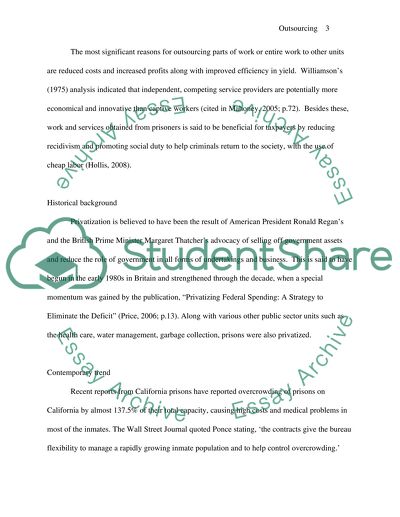Cite this document
(Outsourcing Prisoners to Different Countries - Potential Benefits and Coursework, n.d.)
Outsourcing Prisoners to Different Countries - Potential Benefits and Coursework. Retrieved from https://studentshare.org/law/1559282-outsourcing-prisoners-to-other-countries
Outsourcing Prisoners to Different Countries - Potential Benefits and Coursework. Retrieved from https://studentshare.org/law/1559282-outsourcing-prisoners-to-other-countries
(Outsourcing Prisoners to Different Countries - Potential Benefits and Coursework)
Outsourcing Prisoners to Different Countries - Potential Benefits and Coursework. https://studentshare.org/law/1559282-outsourcing-prisoners-to-other-countries.
Outsourcing Prisoners to Different Countries - Potential Benefits and Coursework. https://studentshare.org/law/1559282-outsourcing-prisoners-to-other-countries.
“Outsourcing Prisoners to Different Countries - Potential Benefits and Coursework”. https://studentshare.org/law/1559282-outsourcing-prisoners-to-other-countries.


